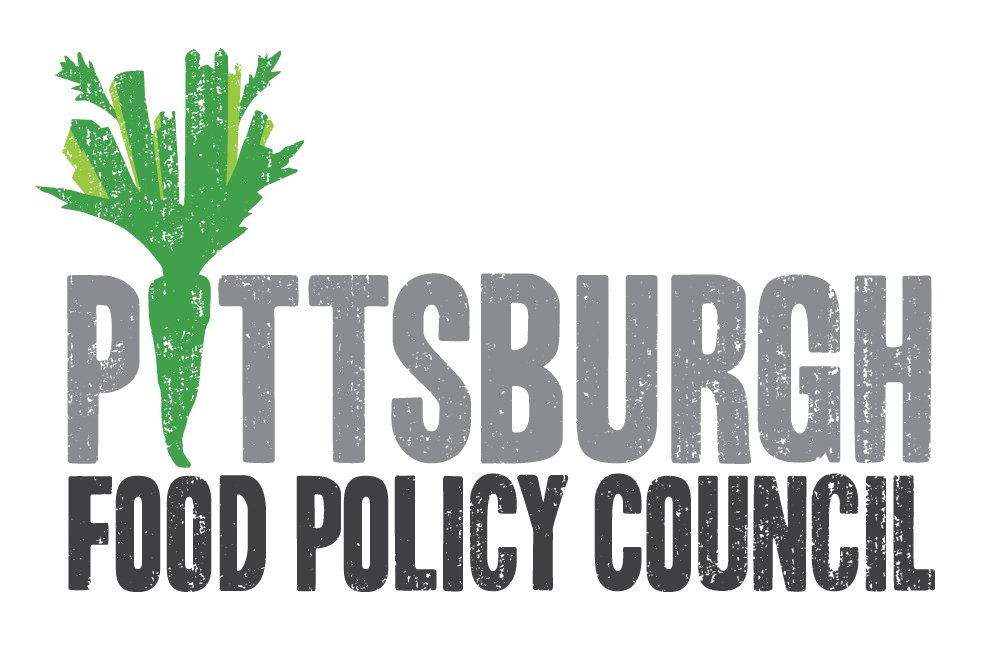Composting Subcommittee
Composting Subcommittee
The Composting Subcommittee works to center composting as an essential part of a just, sustainable, and community-led food system. By advocating for composting infrastructure, supportive policies, and public education, we are helping build a local food system that values both soil health and climate resilience.
Our vision includes a future where composting is easy, accessible, and integrated into every level of city and county planning—from backyard bins to regional drop-off hubs.
Our Focus Areas
Promoting composting as a core food systems and climate solution
Advancing zoning regulations that support composting in urban and suburban settings
Supporting local composting infrastructure through partnerships with haulers, municipalities, and community groups
Educating the public and policymakers on the benefits of composting
Embedding composting into local Zero Waste, climate action, and food infrastructure plans
Current Projects
Model Compost-Supportive Land Use Policy
Identifying and addressing policy barriers that prevent community composting from flourishing.
Researching current zoning and permitting barriers in Pittsburgh and Allegheny County
Drafting ordinance or model language to make it easier to start and operate compost sites
Partnering with local legal allies and councilmembers to introduce policy solutions
Sharing case studies like Philadelphia’s Parks composting site to demonstrate feasibility
Municipal Composting Policy & Infrastructure Advocacy
Tracking and shaping how composting appears in official city and county planning.
Monitoring the City’s SoilMill PGH pilot and related Zero Waste RFPs
Advocating for municipal yard waste composting and new food waste drop-offs
Reviewing local climate plans, budgets, and infrastructure priorities for compost alignment
Co-developing compost recommendations in upcoming infrastructure plans
Compost Site & Micro-Hauler Network Development
Helping build a thriving ecosystem of haulers, processors, and drop-off programs.
Mapping current haulers and composting entrepreneurs
Identifying municipalities that can scale up food waste capacity
Exploring partnerships to support workforce needs within municipal operations
Municipal Survey & Compost Infrastructure Audit
To guide advocacy, we’re gathering region-wide data on composting capacity and challenges.
Finalizing and distributing a municipal survey
Collecting info on current compost programs, capacity, and roadblocks
Using data to support future funding requests and policy changes
Community Access & Drop-Off Strategy
We want every resident to have access to composting, no matter their zip code.
Recommending priority locations for new drop-off sites (click for pilot)
Exploring regulatory tools like “permit by rule” to support community-based composting
Partnering with CONNECT and County leads to assessing cross-jurisdictional coordination
Woodchip Distribution Coordination
Urban agriculture and composting both benefit from access to clean wood chips.
Coordinating with City partners and arborists to streamline chip distribution
Promoting an updated Wood Chips Sign-Up Form and chip quality guidance
Outreach, Education & Resource Sharing
We're building the knowledge base for a more compost-literate region.
Collaborating with groups like PASUP and PRC to share resources
Amplifying learnings from the SoilMill PGH pilot
Coordinating feedback and visuals for countywide compost infrastructure recommendations
Get Involved
If you care about composting, sustainability, or waste justice, there’s a seat for you at our table. Whether you're a composter, policymaker, resident, or educator, your insight will help us shape a healthier, more regenerative future.
To get involved or stay updated, email: info@pittsburghfoodpolicy.org

